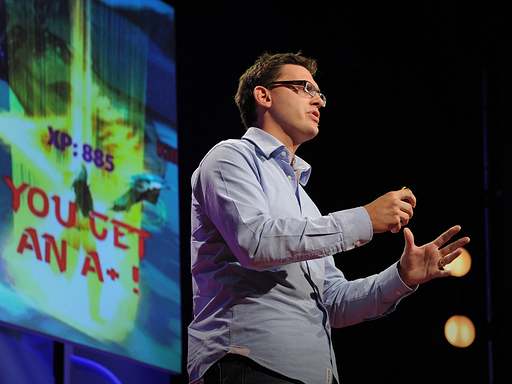
Tom Chatfield
Why you should listen
It can be difficult to wrap one's mind around the size and the reach of modern video- and online-game culture. But gaming is not only outstripping more-traditional media in revenue (it overtook music in 2008), it's become a powerful lens to re-examine our culture at large. Tom Chatfield, a longtime gamer, is the arts and books editor at the UK current-affairs magazine Prospect. In his book Fun Inc., he argues that games, with their immersive quests and deeply satisfying (and carefully designed) virtual rewards, are a great place to test new approaches to real-world systems that need a reboot.
More than a game journalist, Chatfield is a game theorist, looking at neurological research on how games engage our pleasure centers -- and then looking at a world where millions of videogame-veteran Generation Z'ers are entering the workforce and the voters' rolls. They're good with complex rule sets; they're used to forming ad hoc groups to reach a goal; and they love to tweak and mod existing systems. What if society harnessed that energy to redefine learning? Or voting? Understanding the psychology of the videogame reward schedule, Chatfield believes, is not only important for understanding the world of our children -- it's a stepping stone to improving our world right now.
What others say
“Tom Chatfield's Fun Inc. is the most elegant and comprehensive defence of the status of computer games in our culture I have read, as well as a helpful compendium of research.” — Pat Kane, The Independent
